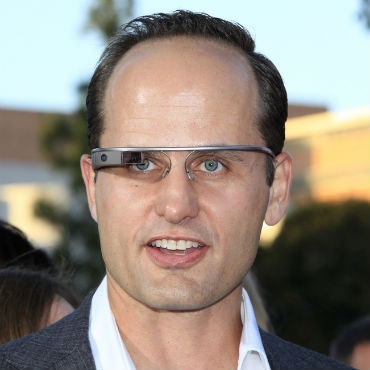Americans wary of domestic drones, wearable computers
A new Pew survey found overall optimism but strong concerns about the effect of specific technologies.

More than half of the respondents to a Pew survey said it would be a bad thing if most people wore devices like Google Glass "that constantly show them information about the world around them." Photo by Joe Seer / Shutterstock.com
Americans believe that the next half-century will be a "period of profound scientific innovation," but they are pessimistic about what specific innovations -- such as wearable computers and bioengineering -- will mean for quality of life, according to a survey by Pew Research Center.
Fifty-nine percent of respondents said technological changes in the long term will make life better, while 30 percent said the impact will be negative. But when asked specific questions about drones, wearable technology, robotic caregivers and the ability to alter DNA, most people expressed concern.
More than six in 10 people said it would be a change for the worse if personal and commercial drones were given access to most U.S. airspace. Similarly, more than half said it would be a bad thing if "most people wear implants or other devices that constantly show them information about the world around them."
"Despite their general optimism about the long-term impact of technological change, Americans express significant reservations about some of these potentially short-term developments," the report states.
Two-thirds of men said technology will make life better in the future, while only 51 percent of women were optimistic.
When asked whether specific innovations would exist in the next 50 years, 82 percent of respondents said they think custom organs will be grown in labs, while only a third believe humans will colonize planets other than Earth for long-term living.
"Part of the motive for doing this work is to explore Americans' comfort levels -- their excitement, interest or wariness -- in the face of a raft of scientific innovations that are emerging or being considered," the report states. "Since much of the funding for scientific research comes from the government, these attitudes can give key signals to policy-makers and the scientific community about where the public stands on crucial funding decisions."
NEXT STORY: Clapper: GEOINT is on the rise





